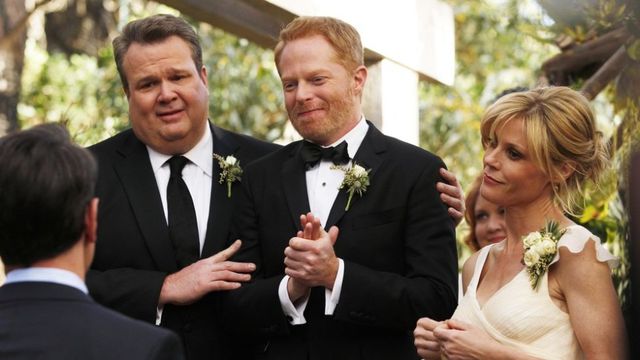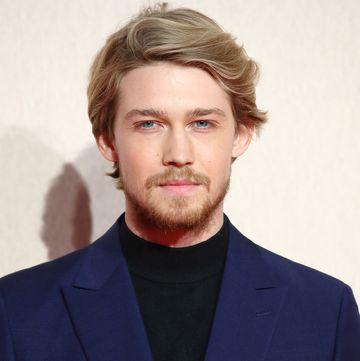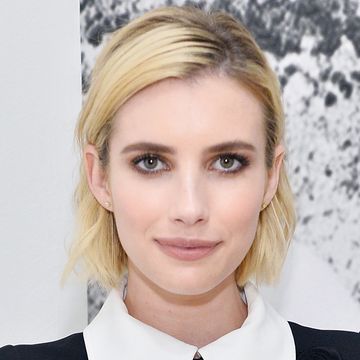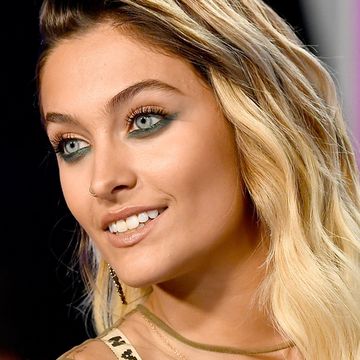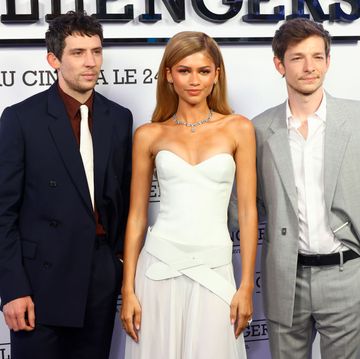LGBTQ representation on television has come a long, long way in the past few years. As recently as the mid-2000s, gay roles on network television would invariably end up being cynical ratings ploys, straightwashed, or ambiguous to the point of being meaningless. Things have improved a lot, but per GLAAD, there's a lot more work to be done.
The LGBTQ advocacy group presented a panel to TV reporters at the TCA Press Tour on Friday, identifying trends and calling out concerns with regard to representation on the small screen. One key takeaway? LGBTQ representation is yet one more area in which white men dominate.
"The queer characters that we are seeing on screen are overwhelmingly male and white," said Megan Townsend, GLAAD's director of entertainment research and analysis. Part of this is especially true on cable and streaming, where more than 70 percent of queer characters were counted as white. Streaming is the only platform where queer women outnumber men, thanks to shows like Orange Is the New Black and Transparent.
Also concerning is the persistent and ugly "evil bisexual" trope. Out of TV's 278 regular and recurring LGBTQ characters last year—a figure that includes broadcast, cable, and streaming originals on Netflix, Amazon and Hulu—83 of them were bisexual, with women way outnumbering men. "Unfortunately, a lot of bisexual characters are still falling into damaging tropes," Townsend said: Bisexual men are often portrayed as "wicked, villainous characters whose bisexuality is directly tied to why the audience is supposed to understand them as bad people," while bisexual women are also depicted as "lacking morals, as scheming manipulators, and that is tied to their bisexuality."
This matters. Although bisexual people make up a slight majority of the LGBTQ community, they're less likely to be out to family, friends, and colleagues, and per Townsend these damaging stereotypes contribute to that fact. She highlighted The CW's Crazy Ex-Girlfriend and Freeform's Shadowhunters—both shows whose writers have consulted with GLAAD—for their positive bi representation. "We need more bisexual characters who have nuanced, fully realized stories that don't just lean into these tropes that we've seen over and over and over again."
